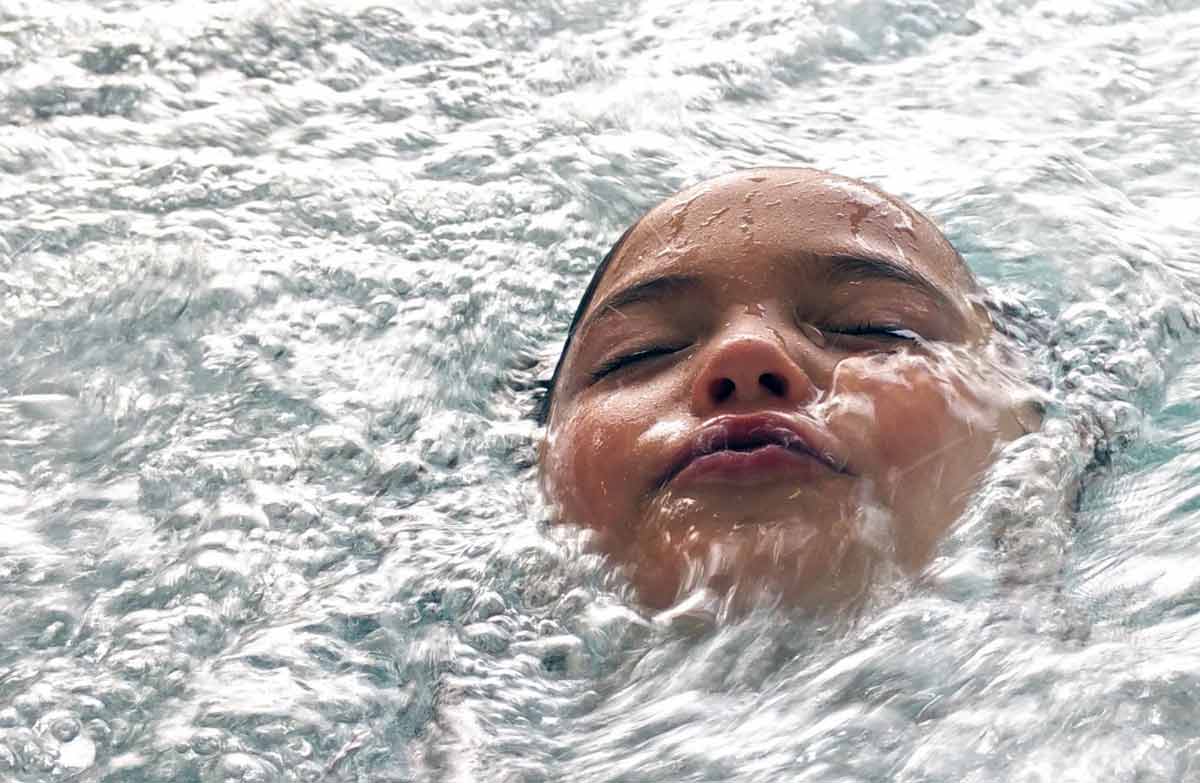What are some ways to help your child manage sports-related stress? Watching the astonishing performances of athletes like Simone Biles, Katie Ledecky, Alison Felix, and Michael Phelps in this year’s Olympics evokes a mix of exhilaration and reflection. The realization that these extraordinary talents had to relinquish a conventional upbringing to attain their pinnacle of success adds a layer of melancholy to their awe-inspiring achievements. Contemplating how, at a tender age, their parents made crucial decisions akin to “Sophie’s Choice” to propel them towards their sports dreams imbues their journey with a poignant depth. This prompts an exploration into the challenges and stressors young athletes face as they tread the demanding path to excellence.
The Early Onset of Athletic Journeys
Delving into the early chapters of the athletic odysseys of luminaries like Biles, Ledecky, Phelps, and Felix unveils a narrative of commitment that commenced in childhood. Biles and Ledecky embarked on their sporting journeys at the tender age of 6, while Phelps dove into competitive swimming at the slightly older age of 7. The comparatively late bloomer, Felix, initiated her foray into competitive running at the age of 12. The revelation that these athletes traded the typical pursuits of teenage life—social interactions, academic engagements, and leisure—for the rigorous existence of a competitive athlete adds a profound layer to their accomplishments. It prompts contemplation about the sacrifices embedded in the pursuit of sporting greatness from an early age.
The Burden of Childhood Aspirations
However, the narrative of sacrifices isn’t confined to the realm of elite athletes alone. Beyond the glittering stage of the Olympics, the journey toward athletic excellence starts early for children whose parents harbor aspirations of nurturing professional athletes or securing lucrative scholarships. Little League Baseball, Pop Warner Football, Amateur Athletic Union Basketball, junior tennis, and community soccer leagues become arenas where parents and coaches subject young minds to escalating levels of rigor. These budding athletes are thrust into a world where the pursuit of victory transcends mere competition, implicating parents, coaches, and society at large in the pressure-cooker environment that shapes the future of potential sports prodigies.
Ways to Help Your Child Manage Sports-Related Stress
In the crucible of youthful ambition and parental dreams, children in various sports programs find themselves navigating a delicate balance between the joy of the game and the weight of expectations. The sacrifices of time, socialization, and a conventional childhood echo not only in the resounding cheers of victory but also in the silent struggles of young athletes, highlighting the intricate tapestry of dreams, sacrifices, and societal pressures woven into the fabric of competitive sports for kids and teens. Here are some ways to help your child manage sports-related stress:
What can parents and coaches do?
Parents and coaches play pivotal roles in shaping a child’s sports experience. As researchers delve into the intricacies of hypercompetitive sports for children, it becomes crucial for caregivers to navigate this terrain with a balanced approach. vital solutions on Amazon for your healthy life
The Art of Appropriate Praise
One fundamental aspect of effective parenting in the realm of sports is the art of appropriate praise. Rather than fixating solely on victories, parents should prioritize celebrating effort and enjoyment. This nuanced approach helps children associate sports with pleasure rather than an unrelenting pursuit of success. Through the judicious use of commendations, caregivers can instill a healthy mindset that goes beyond the scoreboard.
Shifting Focus to Learning Objectives
Encouraging learning objectives over a myopic focus on winning is another cornerstone of responsible parenting in sports. This perspective shift fosters a love for skill development, teamwork, and personal growth. By emphasizing the journey rather than the destination, parents and coaches create an environment that values the process of improvement, nurturing a child’s holistic development.
Positive Reinforcement: A Catalyst for Growth
In the intricate world of sports psychology, positive reinforcement emerges as a powerful catalyst for children’s growth. Whether in practice sessions or competitive activities, opting for a reward-based system for good behavior and efforts proves more effective than punitive measures for mistakes. This method not only enhances performance but also cultivates a positive relationship between the child and the sport. Phone/PC Surveillance Software for Your Kids and Teens
Nurturing Sportsmanship and Preparedness
Beyond the game itself, instilling values like good sportsmanship, fair play, and readiness is paramount. Parents and coaches can actively contribute to this by encouraging the use of appropriate sports attire and equipment. Moreover, emphasizing the importance of relaxation and hydration forms an integral part of this holistic approach. These elements contribute not only to physical well-being but also to the development of a responsible and disciplined athlete.
Routine Physical and Mental Examinations: A Health Imperative
In the pursuit of a well-rounded sports experience, parents must prioritize their child’s health. Scheduling routine physical and mental examinations with a pediatrician ensures that any potential issues are identified early. This proactive approach not only safeguards the child’s well-being but also reinforces the importance of holistic health within the context of sports participation. Health books, guides, exercises, habits, Diets, and more
Final thought
Guiding your child through the management of sports-related stress involves a multifaceted approach. Fostering open communication, setting realistic expectations, and promoting a positive mindset are integral components of this endeavor. By implementing these strategies and cultivating a supportive environment, parents play a pivotal role in enhancing their child’s overall well-being and fostering a genuine enjoyment of sports activities. Through these efforts, parents contribute significantly to the holistic development and resilience of their young athletes.

